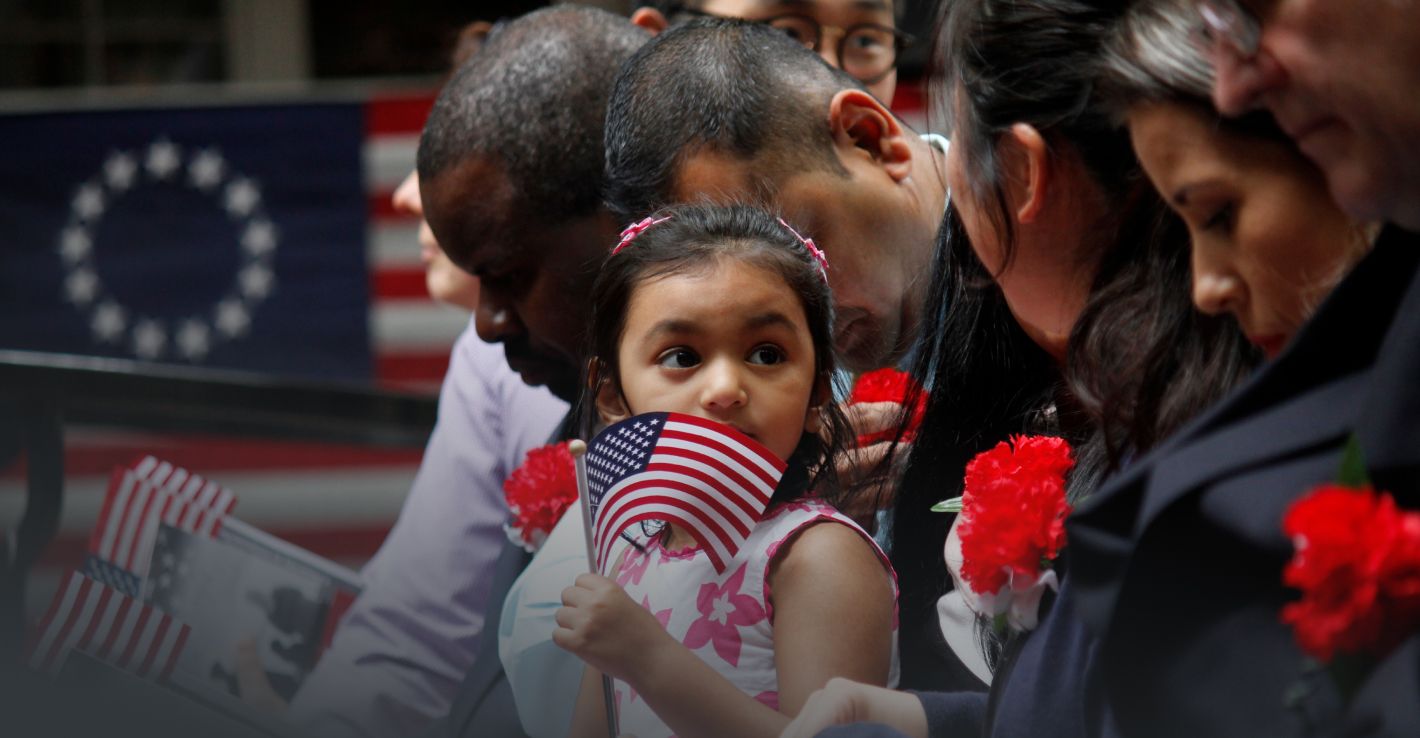

Supreme Court Birthright Citizenship Case Could Redefine U.S. Immigration Policy
In a historic case with far-reaching consequences for U.S. immigration law, the Supreme Court heard oral arguments in Trump v. CASA, a challenge to Executive Order 14160. Issued by former President Donald Trump in January 2025, the order seeks to restrict birthright citizenship by denying automatic U.S. citizenship to children born on American soil unless at least one parent is a U.S. citizen or lawful permanent resident. This executive action has ignited legal battles and raised significant questions about the interpretation of the 14th Amendment of the U.S. Constitution.
What Trump’s Executive Order Means for Birthright Citizenship in the U.S.
The Trump administration argues that the 14th Amendment’s Citizenship Clause does not extend to the children of undocumented immigrants or temporary visa holders. Their legal team claims that these individuals are not “subject to the jurisdiction” of the United States as defined by the Constitution. This interpretation contradicts over 125 years of legal precedent, including the landmark 1898 Supreme Court decision in United States v. Wong Kim Ark, which affirmed birthright citizenship for children born to non-citizen parents.
Federal Judges Block Enforcement Citing Constitutional Violations
Multiple federal courts have pushed back against the order. At least four judges have issued nationwide injunctions halting its enforcement, citing likely violations of the 14th Amendment and firmly established constitutional law. These rulings highlight the courts’ role in upholding the rights of individuals born on U.S. soil and resisting executive overreach when it conflicts with the Constitution.
Supreme Court Considers Limits on Nationwide Injunctions
While evaluating the citizenship question, the Supreme Court is also examining whether lower courts have the authority to issue broad, nationwide injunctions. The Trump legal team argues that such rulings should be limited to the specific plaintiffs in a case. If the Court supports this view, the result could be a fragmented legal landscape where federal policies apply differently in different states, leading to significant confusion and legal inconsistency for immigrant families across the country.
Potential Impact on Over 150,000 U.S.-Born Children
If the Supreme Court upholds Executive Order 14160, the consequences will be immediate and widespread. An estimated 150,000 children born in the United States each year could be denied U.S. citizenship. These children would face limitations in access to health care, education, legal protections, and the basic benefits associated with citizenship. For immigrant families, this decision could fundamentally alter their future in America and affect generations to come.
Why Immigration Legal Support Matters More Than Ever
At Spar & Bernstein, we understand how changes to birthright citizenship laws can disrupt the lives of immigrant families. Our team of seasoned immigration attorneys is actively monitoring this Supreme Court case and is fully prepared to protect the rights of clients who may be affected. Whether you are seeking to confirm your child’s citizenship status or need legal support in light of changing immigration policies, we are here to provide experienced, compassionate, and results-driven representation.
How Spar & Bernstein Can Help With Birthright Citizenship Issues
If you or a loved one are concerned about how this case could affect your family, don’t wait. Contact Spar & Bernstein today. We offer personalized legal guidance to ensure your rights are protected. From citizenship claims to complex immigration challenges, we are your trusted advocates in uncertain times.
Stay Updated on the Trump Birthright Citizenship Case
This case is poised to set a major precedent for U.S. immigration law and the future of birthright citizenship. For the latest developments, legal analysis, and how this may impact your immigration status, visit lawsb.com or follow us for updates.




